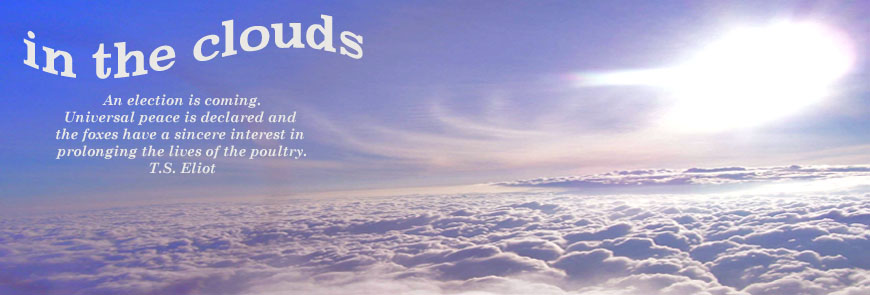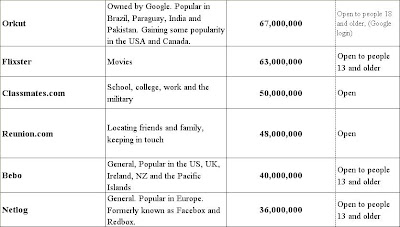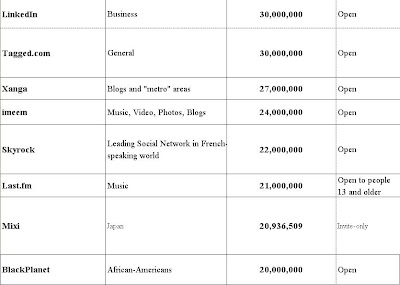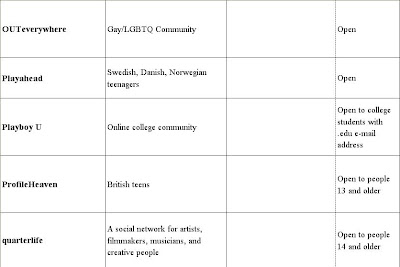A
recent MSNBC article evaluated the possibility of several Republican officials running for the presidential ticket in 2012. The results of combined Gallup surveys of nearly 800 Republicans and GOP-leaning independents conducted between 11/5 and 11/16 were:
Candidate Favorability to run in 2012
Sarah Palin 67%
Mitt Romney 62%
Mike Huckabee 61%
David Petraeus 49%
Rudy Giuliani 48%
Bobby Jindal 34%
Jeb Bush 31%
Charlie Crist 23%
Lindsay Graham 21%
As you can see, Bobby doesn't appear to be as far up the list as the media is currently broadcasting. But the article offers an explanation for this is as well.
First, many who are not familiar with a name just automatically
choose the "would not like to see run" option, and that is the most
likely explanation.
Second, at 37, almost a decade younger than even the youthful
President-elect Barack Obama, there could be some "he's too young"
reasoning involved here.
Third, and probably insignificant in number, are Louisianans who
think he is badly needed in the state, hoping that he can reverse
the, say, six or seven decades of lousy public policy choices that
have put the state in the terrible shape it's in. But that probably
doesn't amount to much in a national poll and might be offset by
those proud that Louisiana could offer up a contender who,
uncharacteristically for the state's governors, is both smart and honest.
The final explanation, held till last for a reason, is race. The son of
two immigrants from India, he would look different from any previous
GOP nominee or president, just as Obama was unique among serious
Democratic contenders and past occupants of the White House.
During Jindal's first (and unsuccessful) run for governor, he performed
no worse in urban, heavily Democratic areas than any other Republican.
In the suburbs, traditionally Republican-leaning if not strongholds,
Jindal did very well. It was in the small towns and rural parts of the
state in 2003 that Jindal underperformed what a Republican should
be expected to win, and that was undoubtedly racially driven. Those
voters were likely to be those with the least familiarity with Indian-
Americans and least open to change. By the time Jindal ran again,
successfully in 2007, he won them over.
These appear to be a brief summary of what Jindal might face if he, in fact, decides to run for high office in 2012. What are the solutions? First, create a strong national profile (or, hire Obama's campaign team), utilize Internet networking sites, and dominate the YouTube culture with music videos, video diaries, speeches, and generally motivating footage to capture the attention of young viewers. Second, make some
really good political decisions and policies, right about now, to thwart the accusations of your "lack of experience" later. By creating serious and tangible "change" in Louisiana, you can resolve both the second and third issues. As for the race issue, I'm hoping, in four years, after progress and a successful Obama first term, it will be as close to a non-issue as possible.
What are some things
already working for Bobby Jindal?
The catch for Jindal in 2012 is that the contraction in the size and shape
of the Republican Party has made those least open to his candidacy more
influential than before. Younger, upscale, college and graduate-schooled white
suburban voters abandoned the GOP en masse, and those are precisely the ones
that might be most open or excited by a Jindal candidacy. Thus the question,
Could Jindal draw them back?


















